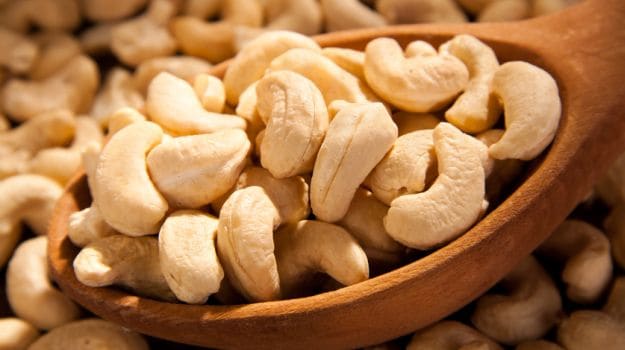By Dr Rajarshi Mitra Maintaining a balanced diet during Ramadan is essential for your overall health and well-being. This guide, crafted by Dr. Rajarshi Mitra, a Laparoscopic Surgeon in Abu Dhabi, provides practical tips and advice on how to eat healthily during Ramadan, including what to eat during Suhoor and Iftar to stay energized and nourished throughout the holy month. Read on to discover how you can observe Ramadan while prioritizing your health. Understanding Balanced Eating for a Healthy Ramadan Diet What Does Balanced Eating Mean During Ramadan? As Dr. Rajarshi Mitra, a Laparoscopic Surgeon in Abu Dhabi with extensive experience in patient care, I often emphasize the importance of balanced eating, especially during Ramadan. Balanced eating during Ramadan means consuming a variety of foods from all food groups – carbohydrates, proteins, fats, vitamins, and minerals – in appropriate proportions. This helps ensure you receive all the necessary nutrients to maintain energy leve...

Zinc benefits the body in many ways and is required in small amounts to maintain your health and perform certain functions every day. For instance, it helps the production of hormones, it supports growth and repair of muscles and tissues, maintains your immunity and facilitates digestion. This essential nutrient also acts as an anti-inflammatory agent and therefore, it offers remarkable therapeutic benefits for common chronic ailments like heart disease.
Zinc deficiency is ranked as the fifth leading risk factor in causing disease worldwide. Zinc is present in every cell, organ, bone, tissue and also in the fluids of our body. You need a regular intake of zinc to maintain life. Zinc deficiency may be caused due to reduced dietary intake, inadequate absorption, increased loss, or increased use of zinc in the body.
According to Dr. Anju Sood, a Bangalore-based Nutritionist, “Zinc is a macronutrient which helps in boosting the immune system, maintaining your memory, healing wounds, curing cough, cold and ulcers and preventing acne. Zinc deficiency can be treated by eating foods rich in protein, meats, seafood, dairy products and nuts. Zinc is best absorbed with a proper balance of other nutrients as found in whole foods.”
Common Symptoms of Zinc Deficiency
1. Poor Neurological Function: Zinc is essential for neuropsychological performance. Low zinc levels have been linked to attention and motor disorders in infants that persist well into adulthood.
2. Weak Immunity: Zinc plays a major role in maintaining a strong immune system. It is especially vital for T-cell growth and differentiation into the white blood cells that are needed to ward off the diseases, to kill dangerous bacteria and viruses and for the protective functions of our cell membranes.
3. Diarrhea: Due to impaired immunity because of zinc deficiency, persistent diarrhea is a common concern. Your body tends to become more prone to bacterial infections.

4. Growth: Zinc deficiency in children can lead to delayed growth.
5. Lack of appetite: If you’ve been feeling less hungry than usual pay attention.
6. Loss of sense of taste or smell: Severe zinc deficiency may interfere with the sense of smell and taste. Night blindness can be another symptom.
7. Psychological disorders: Zinc deficiency could play a major role in depression.
8. Acne or rashes: People who have zinc deficiency can face various skin problems like rashes and acne.

Cure For Zinc Deficiency
In order to improve the levels of zinc in the body, you can consider taking natural supplements. The supplements may contain several forms of zinc including acetate, zinc gluconate, and zinc sulfate. But before you do so, you must consult a doctor to confirm the requirement, duration and dosage of these supplements. Please avoid taking them without proper medical guidance. Besides this, as Dr. Sood suggests certain foods can help overcome zinc deficiency in the body. Here is a list of top 4 food sources of zinc:
1. Lamb: It is rich in high quality protein and many vitamins and minerals. It also contains a high content of zinc.
2. Cashews:Cashews are an excellent source of zinc, copper, magnesium, manganese and phosphorus. It serves as a filling mid-meal snack in combination with other nuts and dry fruits.

3. Mushrooms: They are low in calories, fat and cholesterol and provide various important nutrients like zinc, potassium, niacin and many more.
4. Spinach: Spinach is a rich source of zinc and is loaded with other nutrients and antioxidants.
Comments
Post a Comment